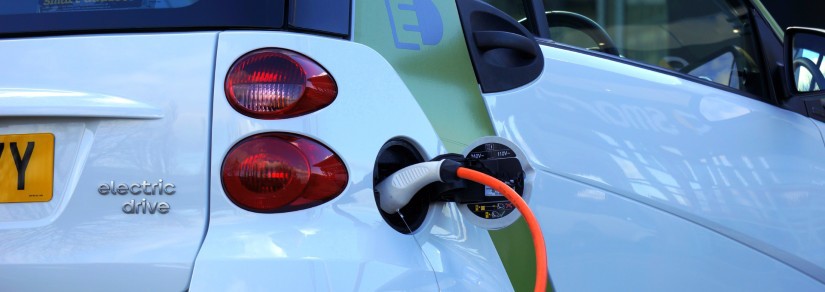One in four consumer want an electric car by 2026

A study by the energy regulator Ofgem has found that 24% of UK consumers, nearly one in four, are planning to buy an electric car or plug-in hybrid vehicle in the next five years. The research, which was done ahead of Ofgem’s conference last month to mark the start of its ‘green, fair future’ campaign, sheds light on consumer awareness and concerns about the future of renewable energy in the UK.
Electric car purchases expected to rise

Data from the study conducted by Ofgem suggests that around 18 million electric vehicles (EVs) will be on the road in the UK by the time the UK’s proposed ban on vehicles with internal combustion engines comes into place in 2030. This amounts to almost half the number of licensed road vehicles in the UK at the moment, which according to RAC data from December 2020 sits at around 38.6 million.
These numbers are promising, but do show that there is still work to be done in terms of convincing consumers of the benefits of electric cars, with three in four consumers not currently considering an electric car as a viable alternative.
Several slightly worrying statistics have come from the report. More than a third (38%) said that they were unlikely to purchase an electric car in the next five years. The perceived problems from consumers in terms of adoption were as follows:
- 59% of consumers thought that high prices on EVs would stop them from purchasing.
- 38% of consumers worried that short battery life or short range would be an issue with an electric car.
- 36% of consumers worried about having nowhere to charge an EV near their home.
Of course, here at The Switch we know that prices for electric cars are becoming increasingly competitive and that range and battery life are improving year-on-year. Ofgem is also doing work on improving the UK’s energy infrastructure to support an increase in the adoption of electric cars. We hope to see consumer awareness improve on this subject as we move toward our goal of net zero emissions!
Ofgem to encourage consumers on EV adoption
Asked about the study and the regulator’s plans in this area, Ofgem Chief Executive Jonathan Brearley said that “climate change can only be tackled if consumers are engaged in the process. For this to happen the transition to a low carbon economy needs to be fair, inclusive and affordable.”
Ofgem will be announcing millions of pounds of investment to create a more flexible energy system to support the electrification of vehicles, renewable generation and low carbon forms of heat.
He went on to suggest that this won’t be the last of Ofgem’s involvements in helping the UK reach its climate targets: “Energy regulators have a key role to play in delivering this transition and we will be seeking to work with regulators across the world in the run up to the COP26 climate change talks to develop proposals that benefit consumers and the planet.”
Promising signs for reaching net zero
The above developments in EV adoption and investment from Ofgem are not the only causes for optimism as the UK attempts to reach net zero carbon emissions by 2050. The study quoted above reflected a high level of awareness on the part of the public in the causes of climate change. The findings include:
- 74% of consumers identified electricity generation and transport, like fossil-fuel burning power stations and exhaust emissions from cars, as things which contribute significantly to climate change.
- 60% of consumers identified domestic heating, like gas boilers, as being a major contributor. Only 14%, however, said they would consider a low carbon alternative to boilers, such as a ground-source heat pump or an air-source heat pump.
There are both positives and negatives that come along with this data. On the one hand, consumers are aware that changes need to be made in our energy consumption habits, which is reflected in recent data from Cornwall Insight that says that 65% of UK households have now signed up to a green supplier.
Though this is hugely positive in that it shows that consumers are willing to sign up to a green tariff, there are some questions that need to be raised over how green these suppliers are - with several UK providers being accused of “greenwashing” by purchasing REGO certificates. The low number of people who would consider heat pumps is also concerning, and is probably a result of the expensive cost of installation involved with this technology.
